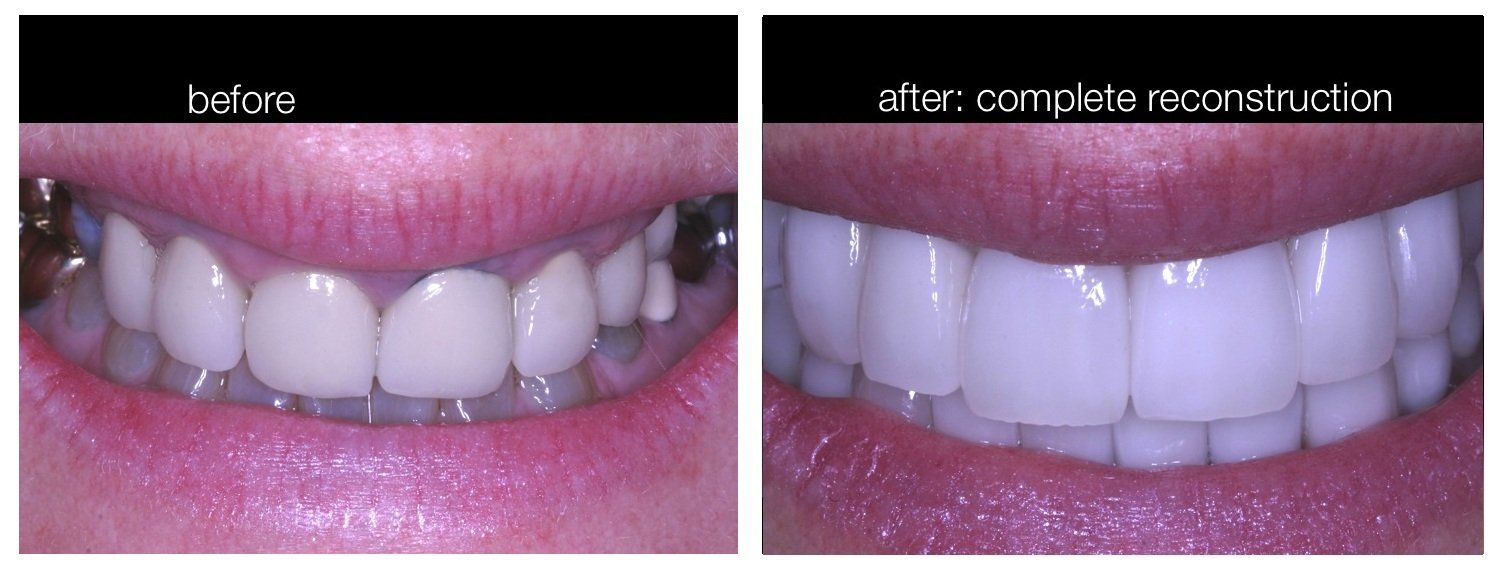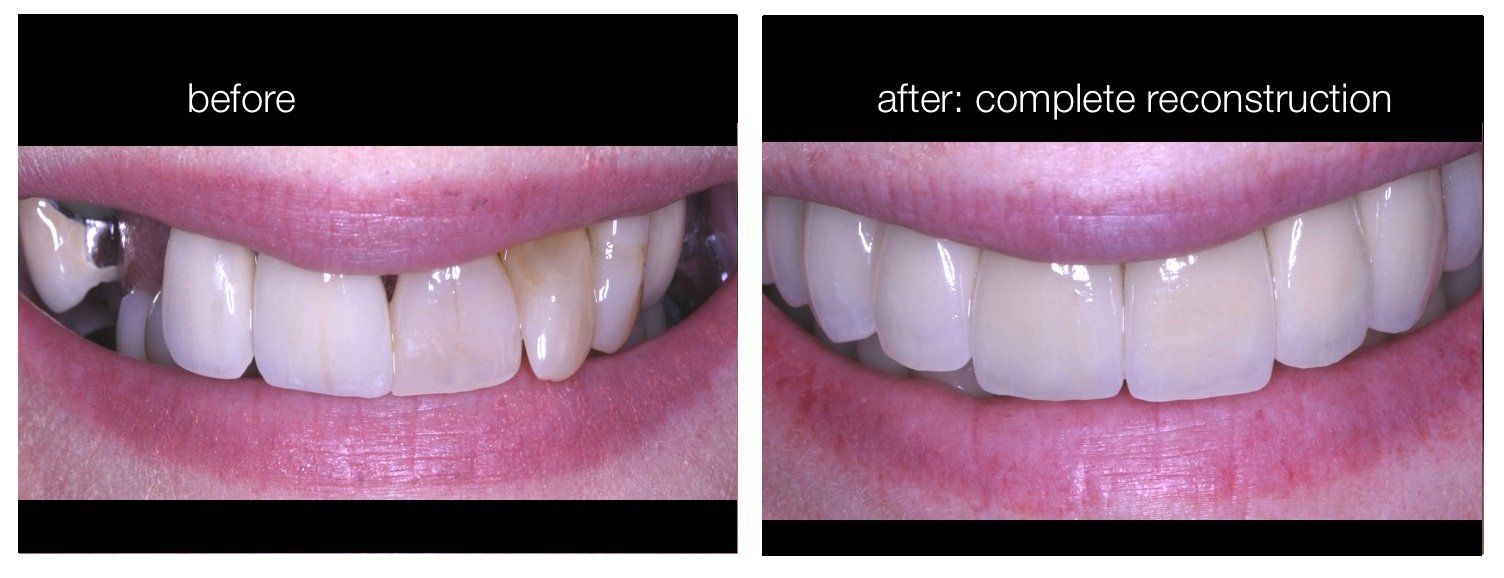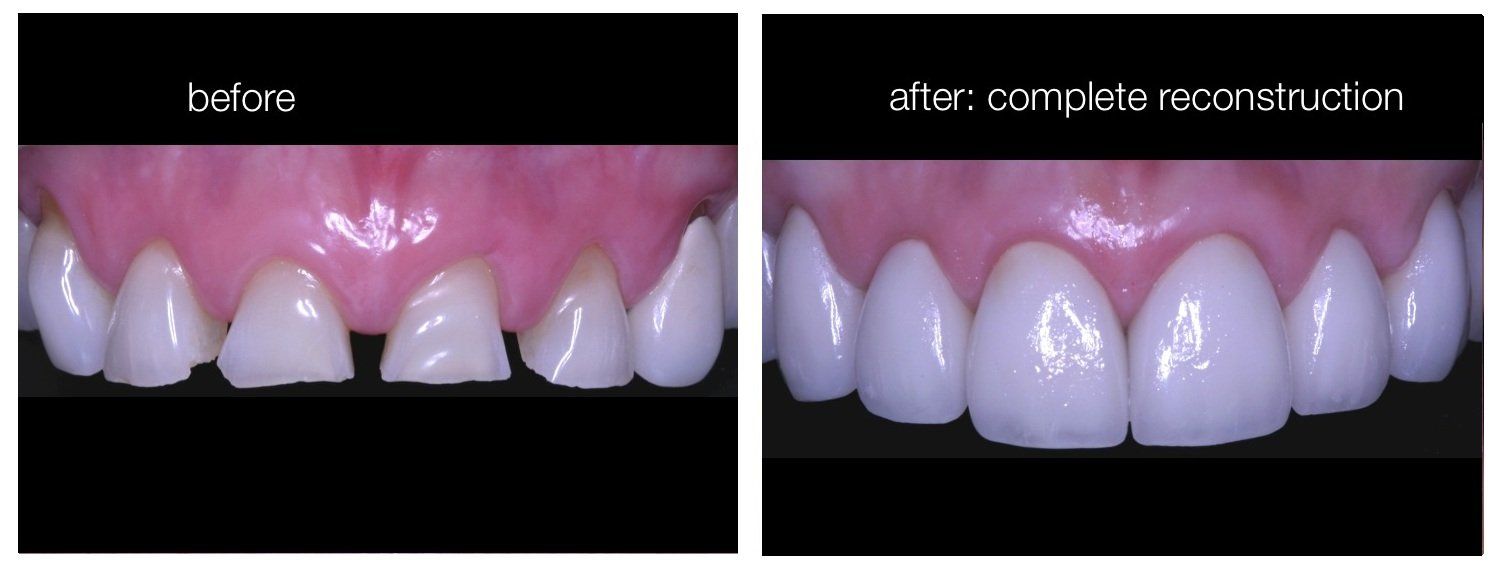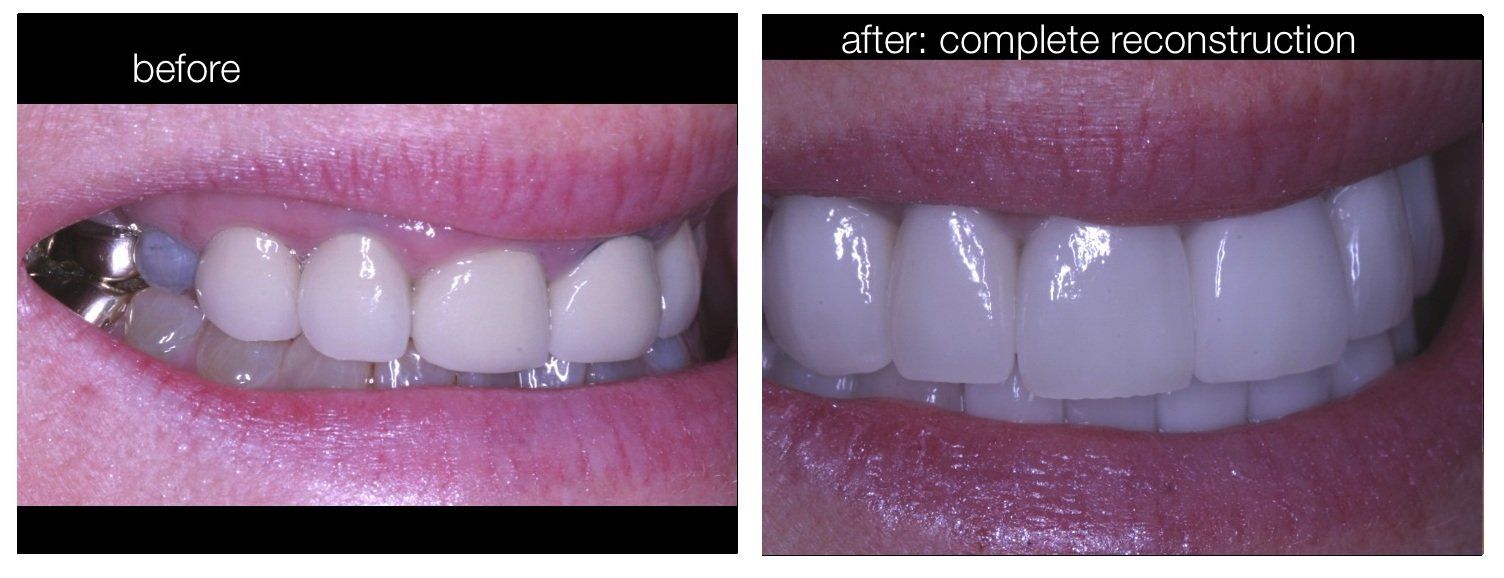Sleep Disorder
Sleep Disorder
Grinding/Clenching
Snoring
RELATED SERVICES
VENEERS AND LUMINEERSBEFORE & AFTER

Slide title
Write your caption hereButton
Slide title
Write your caption hereButton
Slide title
Write your caption hereButton
Slide title
Write your caption hereButton
TESTIMONIALS
I highly recommend Dr. Konstantinos Harogiannis for all dental applications. He is an extremely competent and caring doctor performing prosthodontic, implant, cosmetic and reconstructive work. After surgery, he provided me with a well fitting temporary partial with 4 manufactured teeth, prior to a permanent partial. Kudos to Dr. Harogiannis, and many thanks.
-Mary Anne Chalaby
Thank you for all of your hard work restoring my teeth. You are a bright, talented and compassionate individual. Being surrounded by a friendly and competent office staff, is an added bonus.
-Carol
Dr. Kostas and the staff at Dental Arts of Cherry Hills are by far the most professional and caring group of prosthodontist ‘s around. I spent over 2 years researching the best place to replace a couple of missing and broken teeth. I ended up doing a complete set of new teeth with a combination of veneers and implants. Dr. Kostas made my smile look like a million bucks. Dental Arts of Cherry Hills was an exceptional value and they used the highest quality veneers and implants. I am extremely happy with the way my teeth look now. I get complemented often how beautiful my teeth look. Nobody knows they are cosmetically done unless I tell them. If your considering an implant or veneers you will be in good hands with Dr. Kostas and his staff. Just a side note Dr. Kostas and Gina ( his most awesome assistant ) came in on their off day to finish my teeth. They go out of their way to accommodate everyone. 5 stars is not enough to describe this Dr. I promise you will be happy by choosing Dr. Kostas. Don’t hesitate any longer… A great smile will do wonders for your self image…. I love my new teeth and have not stopped smiling since.
-Corey Engelen E.
CONTACT US
We will get back to you as soon as possible.
Please try again later.
Grinding
Snoring
RELATED SERVICES
VENEERS AND LUMINEERSBEFORE & AFTER

Slide title
Write your caption hereButton
Slide title
Write your caption hereButton
Slide title
Write your caption hereButton
Slide title
Write your caption hereButton
CONTACT US
We will get back to you as soon as possible.
Please try again later.
Monday – Thursday: 7:30am to 5:00pm
Fridays: Appointments available upon request
Saturday - Sunday: Closed
3575 S Sherman St Suite #3 Englewood, CO 80113
Call us: 303-789-2020
Monday – Thursday: 7:30am to 5:00pm
Friday – Saturday: Appointments available upon request
Sunday: Closed
3575 S Sherman St Suite #3
Englewood, Colorado 80113
Call us: 303-789-2020
